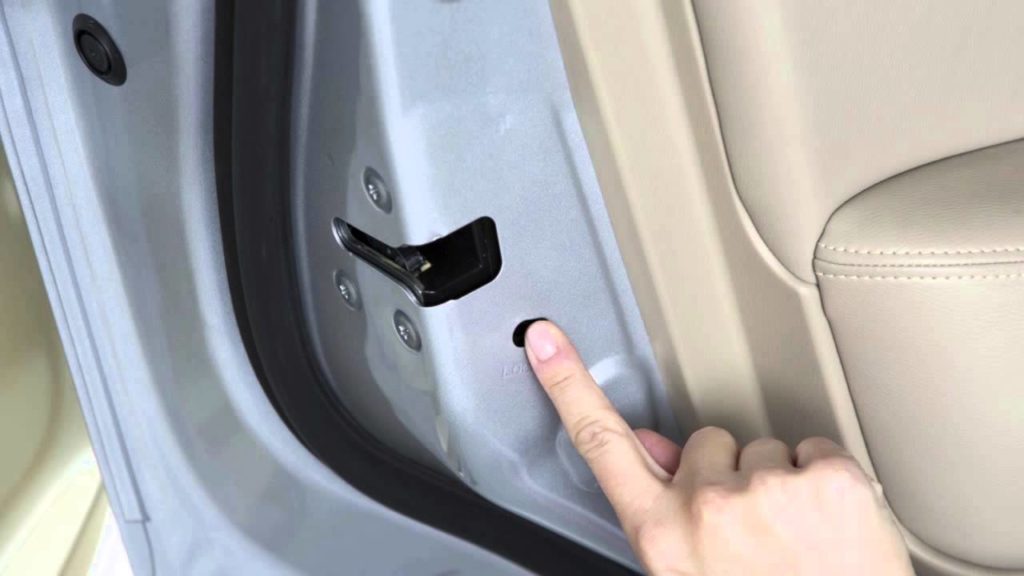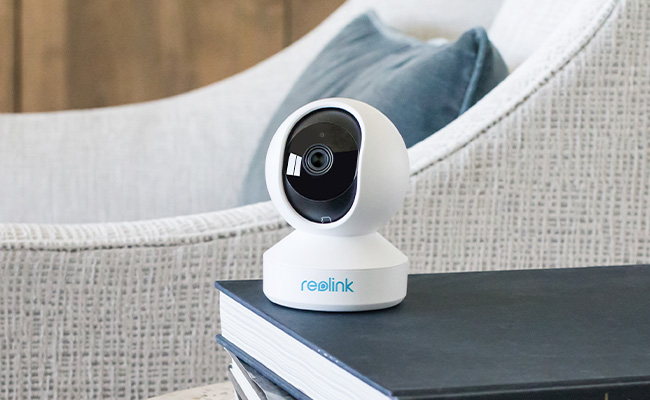
Apartment alarm systems are a great way to protect your property against burglars and other potential dangers. They can be equipped with sensors, motion detectors, or cameras. Some systems also offer monitoring services. These services can alert authorities to an emergency. These services can even reduce theft chances by up to 30% These systems are indispensable for protecting their apartment and personal belongings.
Installing sensors
The installation of sensors in your apartment alarm system can help protect you from potential dangers. There are several types of sensors, such as glassbreak sensors which alert you to broken windows, smoke detectors that warn you of fire and carbon monoxide sensors that alert you if dangerous gases are detected. Water sensors detect water leaks from household devices, panic buttons that call the police, and water sensors that detect water leaking from them.
Apartment alarm systems can also be fitted with security cameras. These are particularly helpful for smaller apartments and require less expertise and equipment. These systems are typically not subject to multi-year contracts. Some systems include additional components, such high-definition camera, motion detection sensor, or smart home features. Professional installation is however more costly.

Installing motion detectors
Installing motion detectors in your apartment is one of best ways to ensure it is working correctly. Motion detectors can detect when someone enters or exits a room. The motion detectors send an alarm to your alarm system when they detect a specific movement. A motion sensor can be used to protect an apartment. To get the most out of your motion detector, it is recommended to place it in the main room.
A burglar will often try to break into an apartment through the front door. But windows and hallways can also be vulnerable. Some areas are more likely than others to be burglarized. The master bedroom, for example, is the most frequent target of burglars. A corner of a room is another great spot for a motion detector. The burglar will not notice the smaller area because it is more difficult to see.
Installation of cameras
To prevent theft of property and other crimes, apartments make a great candidate for security cameras. The high-resolution videos and images of the camera are essential for monitoring suspicious activity, and taking corrective action if there is a crime. A variety of areas should be covered by apartment security cameras. They should also be weather-resistant.
You should have 24-hour access to your apartment's security cameras. They should notify you if motion is detected. Also, you should choose a camera with the ability to send notifications directly to your tablet, phone, or computer. Also, it is important to have a remote view of your footage. You can view your footage using modern cameras that are compatible with mobile phones.

Monitoring fees
When purchasing a monitored security system, there are many things to consider. Some systems send out alarm signals but others are monitored and monitored by a security firm that listens all day to determine the appropriate action. Monitoring fees are an important consideration. Before signing up, compare the monitoring fees as well as monthly maintenance fees between different companies.
Monitor fees can vary depending on the service level and equipment used. Some companies only offer monitoring services. They charge an up-front fee and others offer financing plans. Monitoring fees are not only expensive upfront, but can also vary according to the level of service. A basic system may cost as little as $5 per month. For a higher price, other companies may offer more advanced services.
FAQ
What is the difference of surveillance and security camera?
Surveillance cameras may be used to monitor, but security cameras can also be used to protect.
Both cameras have their pros and cons. The main difference between them is the type of images they capture. Surveillance cameras record video with slow motion so that you can view what's happening right now. On the other hand, security cameras only record video and still pictures, which is saved to review later.
What is the best security system to install?
The most important thing to consider when choosing the security system for your home is how valuable you are and what you have. The cheapest alarm system, which doesn't offer enough protection, is the basic one. You can choose to get a more powerful alarm system with better features such as remote monitoring, access control, and video surveillance.
Which home security system offers the most features?
Ring Video Doorbell Pro boasts the most features among all of the home security systems we evaluated. It allows you to see who is at the door, chat with them, and even record videos. You can also save recordings to the cloud with this free service.
What is the cost of a home security system?
A good home security system costs about $2,500. While this may seem high-priced, it's actually quite affordable when compared to the peace and security you'll enjoy by owning a safe and secure house.
How can I choose among different home security systems?
You should consider what kind of threats are in your area. An alarm that will sound when someone enters your residence might be a good idea if your area is plagued by crime. If you live in a rural area where there aren't many burglaries, then you may not need as much security.
Consider whether you are prepared to pay more for advanced features. Some systems include cameras built in, while others do not. Some systems allow you to remotely monitor your home, while others require that you be present to view the footage.
Statistics
- Most home security companies will charge you around 75% of the remaining term of your contract if you cancel early—and some require 100%.Related questionsWhat type of contract length can I expect from security providers?Home security system cancellation (safewise.com)
- Unlike other online safety services that charge up to 100 percent of your monthly fee, Cove charges no upfront fees and has no hidden costs.
- That's probably why Cove has a whopping 98%* customer retention rate. (safewise.com)
- Depending on your insurance, 24/7 professional monitoring may qualify you for as much as 15% off your premium. (safewise.com)
External Links
How To
How to Install Home Security Systems
A home security system is a device that monitors your property and alerts you if there's any activity. It could be motion sensors, doorbell cameras, smoke detectors or burglar alarms. A home security package usually includes one or more sensors (e.g. a motion detector), which send signals whenever they detect sound or movement. The signals are then sent to a control panel where they're monitored and recorded. The control panel will send an alert to your smartphone, tablet, computer or voice assistant if there is a problem, such as someone breaking into your home. You'll be able to immediately take action and know exactly what's happening.
The first step to installing a home security system is choosing the right type of sensors for your home. There are two main types: passive and active sensors. Passive sensors don't require batteries; they just pick up sounds and vibrations from their surroundings. These include buzzers, sirens and doorbells. Active sensors transmit data using electricity. These sensors include motion sensors and cameras.
There are many sensors brands today. Each brand has its pros and cons. For instance, some sensors can be weatherproof while others don't. Some of them have built in speakers so that you can still hear them from outside. Others work only inside. Some have simple features, while others provide advanced features like night vision.
After deciding on the best type of sensors for your property, you'll want to choose a manufacturer. This will ensure that all your sensors work together. Your local hardware store should have plenty of options to choose from.
After you have chosen a brand, you will need to decide how many sensors you wish to purchase. Depending on whether they live with family members or alone, most people purchase one or two sensors. If you have plans to purchase additional sensors in the future, it might be worth buying more than you currently need.
Next, decide where you want the sensors to go. Do you want them near windows and doors? Or would you rather have them hidden? Make sure you get permission before placing them around your property. Make sure that they won't cause interference with any other electrical outlets.
Now that you know where you want to put your sensors, you'll need a way to connect them to your control panel. You might need a power adapter for your setup. Once everything is in place, you can start to monitor your property.